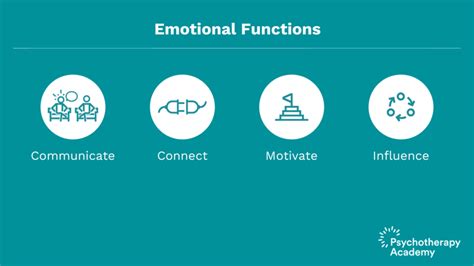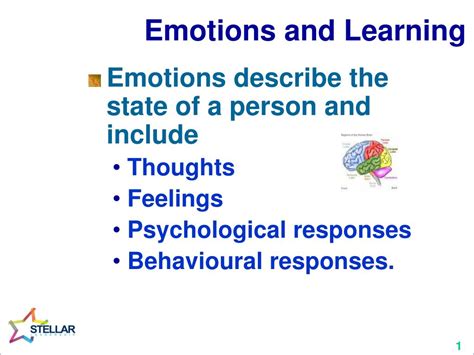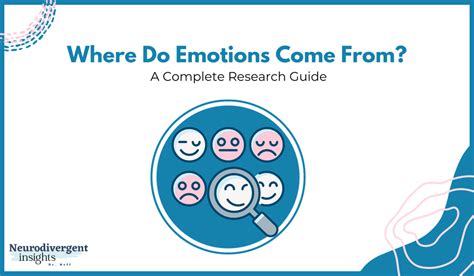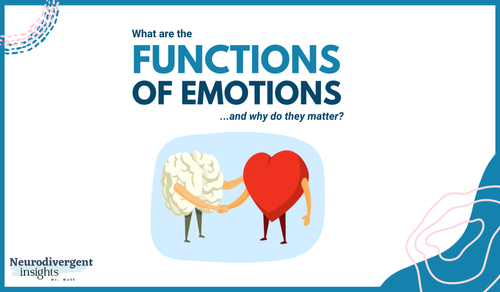Empathy, a profound emotional ability to connect with others, plays a crucial role in our personal and professional lives. But what exactly defines an empath? An empath is someone with an extraordinary capacity to sense and internalize the emotions of those around them, often to the point of feeling these emotions as their own. This article delves into the unique world of empaths, exploring their key traits and how emotional intelligence influences their lives. We will examine the challenges they face, the benefits they enjoy, and provide insights into how empaths can further develop their emotional intelligence to thrive in both their personal and professional relationships.
Join rosawblog.com as we delve deeper into this topic.
1. Definition of an Empath
An empath is an individual with an extraordinary ability to sense and absorb the emotions, energies, and moods of others. Unlike those who practice empathy by understanding or imagining what someone else is feeling, empaths experience these emotions as if they were their own. This heightened sensitivity goes beyond mere compassion or understanding; it is an innate trait that enables empaths to tune into the emotional frequencies around them with remarkable accuracy.
Empaths often find themselves deeply affected by the emotions of people nearby, whether it’s the joy of a friend, the sadness of a stranger, or the tension in a crowded room. This ability can extend to understanding not just the obvious emotions, but also the underlying feelings and unspoken energies that others may not even be consciously aware of.
This deep connection with others’ emotions is a defining characteristic of empaths, setting them apart from those who simply exhibit high levels of empathy. However, this trait can be both a gift and a challenge. While it allows empaths to offer profound emotional support and understanding, it can also leave them vulnerable to emotional overload and fatigue. Understanding what it means to be an empath is the first step in harnessing this powerful, yet complex, ability.

2. Emotional Intelligence and Empathy
Emotional intelligence (EI) is the ability to recognize, understand, and manage our own emotions while also being attuned to the emotions of others. For empaths, this skill is particularly significant, as their natural sensitivity to emotional energy makes them highly perceptive to the feelings of those around them. Emotional intelligence enhances an empath’s ability to navigate these complex emotional landscapes, allowing them to respond appropriately and effectively in various situations.
Empathy is a core component of emotional intelligence, but for empaths, it goes beyond mere understanding. Their deep emotional connection to others is rooted in an almost instinctual awareness of others’ emotional states. This profound connection can be both empowering and overwhelming. Developing emotional intelligence helps empaths set boundaries, manage their emotional responses, and avoid becoming overwhelmed by the emotions they absorb. By honing their emotional intelligence, empaths can better protect their well-being while using their natural abilities to foster deeper, more meaningful rela

3. Key Traits of Empaths
Empaths possess several distinctive traits that set them apart from others. One of the most prominent is their heightened sensitivity to the emotions and energies around them. They can easily sense the mood of a room or the emotional state of a person, often picking up on subtleties that others might miss. This sensitivity is not limited to people; empaths are also deeply affected by environments, nature, and even global events.
Another key trait is their deep compassion and strong desire to help others. Empaths are naturally drawn to those in distress, feeling a compelling urge to provide support and comfort. This can make them excellent listeners and caregivers, as they genuinely understand and feel what others are going through.
Empaths also have a strong intuitive sense, often relying on their gut feelings to guide their decisions. This intuition is closely linked to their emotional awareness, enabling them to make decisions that align with their deep sense of empathy and compassion. However, these traits can also lead to emotional exhaustion if empaths do not practice self-care and establish healthy boundaries.

4. Challenges Faced by Empaths
While being an empath comes with many strengths, it also presents significant challenges. One of the primary difficulties empaths face is emotional overload. Because they absorb the emotions of others so deeply, empaths can easily become overwhelmed, particularly in crowded or emotionally charged environments. This constant influx of feelings can lead to stress, anxiety, and even physical exhaustion, as the emotional burden becomes too heavy to bear.
Another challenge is setting and maintaining boundaries. Empaths often struggle to distinguish between their own emotions and those they absorb from others, making it difficult to separate themselves from others’ problems. This can lead to situations where empaths feel responsible for the well-being of those around them, often at the expense of their own mental and emotional health.
Additionally, empaths may experience difficulty in relationships. Their deep sensitivity can make them vulnerable to emotional manipulation or draining relationships with individuals who take advantage of their compassion. Empaths may also find it challenging to express their needs, fearing they will burden others.
To navigate these challenges, it is crucial for empaths to develop strong self-care practices, including setting boundaries and seeking support when needed, to protect their well-being.
5. Benefits of Being an Empath
Despite the challenges, being an empath offers numerous benefits that can enrich both personal and professional aspects of life. One of the most significant advantages is the ability to form deep, meaningful connections with others. Empaths have a unique capacity to understand and relate to people on an emotional level, fostering strong bonds and creating a sense of trust and intimacy in relationships.
Empaths are also naturally compassionate and supportive, making them invaluable friends, partners, and colleagues. Their ability to listen and provide genuine emotional support can positively impact the lives of those around them, often leading to strong, lasting relationships.
In professional settings, empaths excel in roles that require emotional intelligence and interpersonal skills, such as counseling, teaching, or leadership positions. Their deep understanding of others’ emotions allows them to navigate complex social dynamics with ease, making them effective communicators and empathetic leaders.
Additionally, empaths’ strong intuition often guides them toward decisions that are in harmony with their values, leading to a fulfilling and purpose-driven
rosawblog.com
